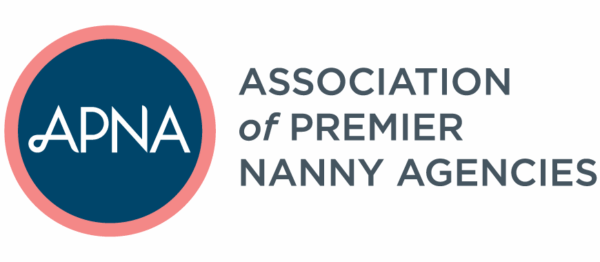Reference checking is among the most important things we do for our clients to insure we are referring an excellent candidate. In fact, it is one of the most highly sophisticated and complex parts of our job.
In a perfect world, a candidate comes to you with between one and four long term professional references, backed up by an original detailed letter on letterhead or personalized stationery giving an account of the job description, the nanny’s strengths and a good window into her personality. In this perfect world, glowing pictures add to the overall veracity.
However, even if you have all of the above, there still is much more involved before you consider this to be a valid reference.
Nothing takes the place of an in-depth personal phone interview with the nanny’s past, principle employers. This is the only time when the important details of the relationship can be explored. No matter what you ask on an emailed reference form, you are not going to get nuanced information. Only a phone conversation can pick up inflections or hesitations, which gives you an opening to ask pertinent follow up questions.
Given the importance of reference checking, one would think the job is done by senior staff or the owner. However, it is common practice to hire another, often less skilled individual doing this repetitive task. In many cases, the interviewer is not the same person who is conducting reference checking. If this is the case, there needs to be clear communication to coach the reference checker on specific areas to explore with the past employers. For example, if the job calls for being physically active with toddlers and the applicant is “mature,” an astute reference checker will ask about the specific job duties required and ascertain whether the nanny was able to perform those duties. If the job requires helping a middle schooler with homework, the reference checker could be instructed to find out if the nanny seemed capable or displayed any interest in education.
Here are some general questions you may consider when speaking to a reference:
How did you find this applicant?
Did you interview her in person before hiring her?
How many other applicants did you interview for the job?
Did you check her references? (Sometimes when an applicant is referred by a friend, a parents feels that no further reference checking is necessary).
Did you know this applicant before you hired her?
Questions that might tell you more about the nature of their relationship:
Did you develop and sign a work agreement with her? Did it change any during the time she worked for you?
Did you give the nanny periodic performance reviews? Did she receive a raise in pay while you employed her? What areas for improvement did you find necessary to discuss?
Was she aware of your child’s developmental level and able to communicate that with you?
Can you think of a time when you questioned her judgment or a time when she did not follow your instructions?
There are no right and wrong answers. These questions simply give you insight into the nature of their relationship. Some employers are happy not being bothered as long as they feel their children are being cared for properly. Some might give the nanny free reign to do whatever she wants with their children.
Questions about how the relationship ended:
Why did her employment end?
Did she (or you) give enough notice?
Would you recommend her to your own friends or relatives?
Would you hire her back if she wanted to return?
How would you best describe the nature of your relationship? A household staff member? A member of the family? Just a babysitter?
Sometimes a reference will simply not respond to your requests for a phone interview or even fill out the email questionnaire. In these cases, it is best to ask the applicant to contact her reference and plead her case as to why taking a few minutes to respond would mean so much to her in her job search.
What does a reference’s non-responsiveness really mean? The conventional wisdom is that if she was a great nanny, her past employer would want to help her get another job. Or, it could mean that the nanny was just one of the household help and was not of high importance. Also, consider that the reference could have been a terrible employer, with unreasonable or constantly changing demands. This should not reflect poorly on your candidate, but is something to consider when reviewing the candidate’s entire file.
Some on line listing services have tried and failed to automate reference checking – the nuances are far too important for a successful placement. It is hard work, time consuming, seemingly repetitive, inconvenient. But it is one of the best tools to help you gain insight into this applicant so you know whether or not you can place her.
Finally, don’t diminish your skill and experience in this crucial duty as a nanny agency. No one else can do this as well as you can.
article by Judith Merlin, A Friend of the Family

